41 root system diagram
Root System of a Douglas Fir | eHow The Douglas-fir tree's root system consists of a strong taproot, secondary supporting taproots, lateral roots and fine roots. While the majority of the root system is densely packed near the stem of the tree, roots may extend as much as 10 feet vertically and horizontally from the tree base. The root system of common spruce, how roots grow, their ... The roots are very thick and intertwined. Starting at 10 cm depth, the root system loses its density. At this level, the root volume is only 16-18% of those located above, just below the layer by the surface of the soil. In addition, in the upper layer, there are about 10 times more large roots than in the deeper (below 10 cm).
PDF Root Systems and Dynkin Diagrams ROOT SYSTEMS AND DYNKIN DIAGRAMS ROOT SYSTEMS AND DYNKIN DIAGRAMS DAVID MEHRLE In 1969, Murray Gell-Mann won the nobel prize in physics \for his contributions and discoveries concerning the classi cation of elementary particles and their interactions." He is the scientist who rst used the word quark, and he was the rst to describe the SU
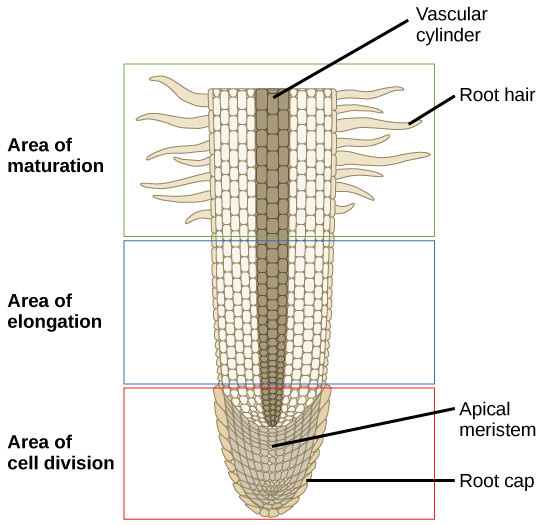
Root system diagram
PDF Root Locus Diagram Root Locus Diagram Objective Upon completion of this chapter you will be able to: Plot the Root Locus for a given Transfer Function by varying gain of the system, Analyse the stability of the system from the root locus plot. Determine all parameters related to Root Locus Plot. How Invasive Are Fig Tree Roots? (with pictures) A fig tree. The roots of a fig tree typically are woody and dense, and they generally grow near the surface, if not above it. They do best in warm, consistently dry climates such as their native Mediterranean and Middle Eastern habitats. Colder weather and thinner soil often impede the growth of roots. How deep do ash tree roots go? - AskingLot.com Apply the water deep into the root base (using PVC pipe) so the plant goes down looking for water rather than to the surface. Place a barrier of thick cardboard barrier or a pot with the bottom cut out around the plant so that the roots cannot penetrate it for a period of time therefore the roots will head down.
Root system diagram. Oak Tree Root System - StudiousGuy Oak Tree Root System Uses of Oak Tree Plant Specifications Oak trees are very large in size. The average height of an Oak tree is 70 feet having a width of 9 feet. The branches of Oak trees can reach up to 135 feet in length. Due to their large size, Oak trees can absorb a great amount of water. 12 Trees That Will Ruin Your Yard - Southern Living Again, the root system is the reason we avoid this tree. The roots of the willow are aggressive and strong. They've been known to ruin underground water lines and crack poured pavement. The willow is susceptible to disease and pests; it grows wide—often 50 to 60 feet—and its branches hang low. Avoid it at all costs. You've been warned. PDF From root systems to Dynkin diagrams From root systems to Dynkin diagrams 3 1.3. Bases of root systems. Let be a root system for V. Definition 1.6. A subset is a base (or root basis) for if the following hold: (B1) is a vector space basis for V, (B2)every 2 can be written as = P 2 k with either all k 2N or all k 2N. Root system - Wikipedia A root system in E is a finite set of non-zero vectors (called roots) that satisfy the following conditions: The roots span E. The only scalar multiples of a root that belong to are itself and . For every root , the set is closed under reflection through the hyperplane perpendicular to . ( Integrality) If and are roots in , then the projection of
The Root of Plants (With Diagrams)| Botany Root Systems (Fig. 35): In dicotyledonous plants the radicle produces the primary root which is quite prominent, that is, long and stout. This is called the tap root. The tap root bears many secondary and tertiary branches developing acropetally. All these branches can be easily distinguished from the main root. Root Diagram | Living Habitats - Landscape Architecture In order to create the root diagram, Heidi began by researching what was known about the roots systems of our prairie flora. What was really required to confidently draw these unseen organic structures was physical documentation of the roots. Prairie plant research conducted in Nebraska by John E. Weaver (1884-1966) has been published widely ... Root System of an Ornamental Pear Tree | Home Guides | SF Gate If you take a look at a 'Bradford' pear tree root system diagram, you will easily see the problem is with the root system. 'Bradford' roots are not strong and they do not grow very deep into the... Palm Tree Roots - How Deep Do They Grow ... - Gardenine Palm trees have a fibrous root system with the roots growing shallowly at a depth not exceeding 36 inches deep. They grow horizontally and remain narrow even as the plant grows taller. Roots form a root ball from the origination zone, with some remaining exposed above the ground. Palm Tree Root System (Diagram)
Tap Root System: Definition and Types (With Diagram) It is a mass of roots which develops from the radicle of the embryo. It consists of a tap root, secondary roots, tertiary roots and rootlets (Fig. 5.5). The radicle itself grows up directly into the main or primary root. The persistent primary root is known as tap root. It is usually the most prominent, thickest and largest of all. The Root Zone for Live Oak Trees | Home Guides | SF Gate In dry areas, deep vertical roots called "sinker" roots grow from the lateral roots. Soil Compaction Small pockets in soil are shelters for air and water. When particles of soil are mashed... FAQ: What Does The Root System Of A "white Oak Tree Look ... What kind of root system does a white oak tree have? Oak trees develop very deep rooting systems that branch off of its main taproot. Over time, the taproot's prominence recedes and is replaced by numerous large lateral roots that form the lateral root system. These lateral roots penetrate the soil 4 feet deep and extend laterally to 90 feet. Tree Root Systems | Horticulture and Home Pest News These roots are distinct for each tree species and provide the framework for the tree's root system. The general direction for this framework is radial and horizontal. These roots are located 8 to 12 inches below the soil surface and can extend 4 to 7 times the drip line of the tree. These roots are perennial and show annual growth rings, which ...
Fig tree roots guide - NHEST More effective and modernized way of controlling fig tree roots is to construct root barrier system between tree and cement so that roots can be guided away from infrastructure and cracking and lifting can be prevented. Root barriers are available in various sizes and shapes and are synthesized with recycled polymers.
PDF Tree Roots: Facts and Fallacies - Harvard University Plant roots can grow anywhere-in the soil, on the surface of the soil, in the water, and even in the air. Except for the first formed roots that respond positively to gravity, most roots do not grow toward anything or in any particular direction. Root growth is essentially opportunistic in its timing and orientation.
Tree Physiology Primer - All About Roots! | Portland.gov Roots become smaller as they grow outward from the root collar (base of the trunk). Buttress roots right near the trunk help stabilize the tree. In the first 3-6 feet, woody lateral roots spread out and taper down to 2-4 inches in diameter. Small, ephemeral absorbing rootsgrow out of lateral roots, soaking up water and oxygen and other nutrients.
The Root System of a Tomato Plant - Everything You Need to ... Encouraging Root Growth. Apart from absorbing nutrients and water for the plant, the root system offers support by strongly anchoring the plant in the soil and stores the product of photosynthesis such as sugars and proteins. Thus, it's important to encourage strong root development in your tomato plants to boost their health.
Pine Tree Root System - StudiousGuy These roots thrive on the upper layer of the soil (6 inches of the top layer) in the first year of the plant development. These roots, as the name depicts, are fine and tender. They're developed as the initial roots of the plant which are later replaced by the Coarse roots. Coarse roots
Magnolia Tree Root Systems | eHow Magnolia Tree Roots The southern magnolia grows in U.S. Department of Agriculture hardiness zones 6 to 10, although it is native to the central and southeastern coastal plains from North Carolina to Florida and Texas. This tree grows from 60 to 80 feet tall, and its roots can extend three times the size of its canopy.
The root system of juniper ordinary: what are the roots of ... The structure of the root system. Juniper ordinary has a fibrous root system with a surface type of development. The main feature is that it easily grows and develops even on rocky and poor soil, since the root penetrates only into the upper layers of the soil.
PDF Root Anatomy A Healthy Root System A healthy root system is white or nearly white in color and smells fresh. If roots are black, brown, or dark orange and smell rot-ten or sour, the root system is having some problems. Although a plant growing outside has a majority of roots in only the top two feet of soil, a plant in a pot should have its
Are the Roots of a Cedar Tree Deep? - Hunker As the Eastern red cedar ages, however, it will also develop a shallow root system that will extend out as much as 20 feet from the main root stem. That root system often replaces the earlier, deeper root system as the tree gets older. These trees can also flourish in areas with shallow, rocky soils — whether acidic or alkaline.
Root System - Roots, Types of Roots and Functions of Roots TapRoot System Taproots have a main central root upon which, small, lateral roots called root hairs are attached. Mustard, carrot, beetroot, parsley, china rose and all dicotyledons are examples of taproot systems. Fibrous Root System Fibrous roots, on the other hand, are bushy roots in which thin, moderately branching roots grow from the stem.
Do Holly Trees Have Deep Roots? (Read This First) Holly trees and bushes have both tap root and lateral root system. Root depths help to make your plants grow bigger in both their overall appearance and height. The reason why people believe that they do this is because they stimulate the roots to spread around the roots of other plant. The roots of the plant help to spread out as the plant grows.
How deep do ash tree roots go? - AskingLot.com Apply the water deep into the root base (using PVC pipe) so the plant goes down looking for water rather than to the surface. Place a barrier of thick cardboard barrier or a pot with the bottom cut out around the plant so that the roots cannot penetrate it for a period of time therefore the roots will head down.
How Invasive Are Fig Tree Roots? (with pictures) A fig tree. The roots of a fig tree typically are woody and dense, and they generally grow near the surface, if not above it. They do best in warm, consistently dry climates such as their native Mediterranean and Middle Eastern habitats. Colder weather and thinner soil often impede the growth of roots.
PDF Root Locus Diagram Root Locus Diagram Objective Upon completion of this chapter you will be able to: Plot the Root Locus for a given Transfer Function by varying gain of the system, Analyse the stability of the system from the root locus plot. Determine all parameters related to Root Locus Plot.
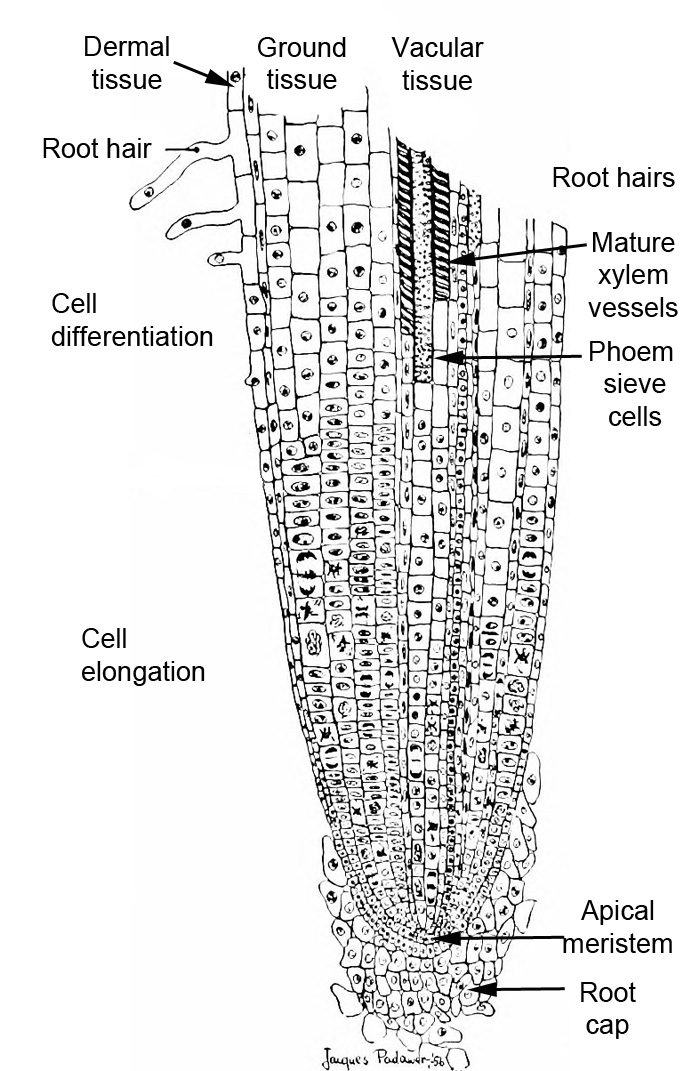

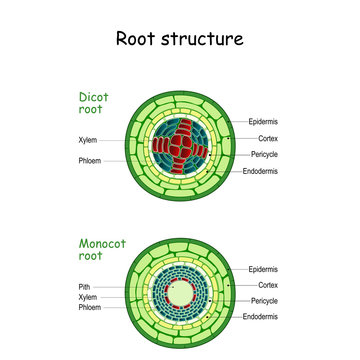
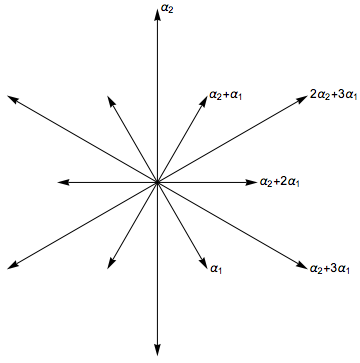

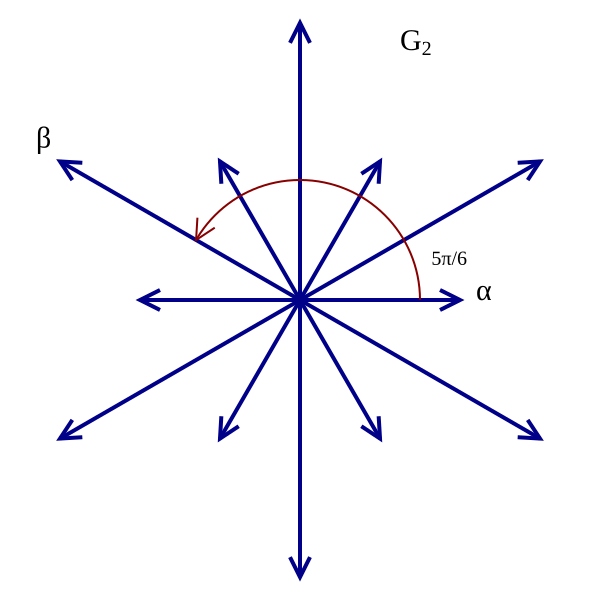
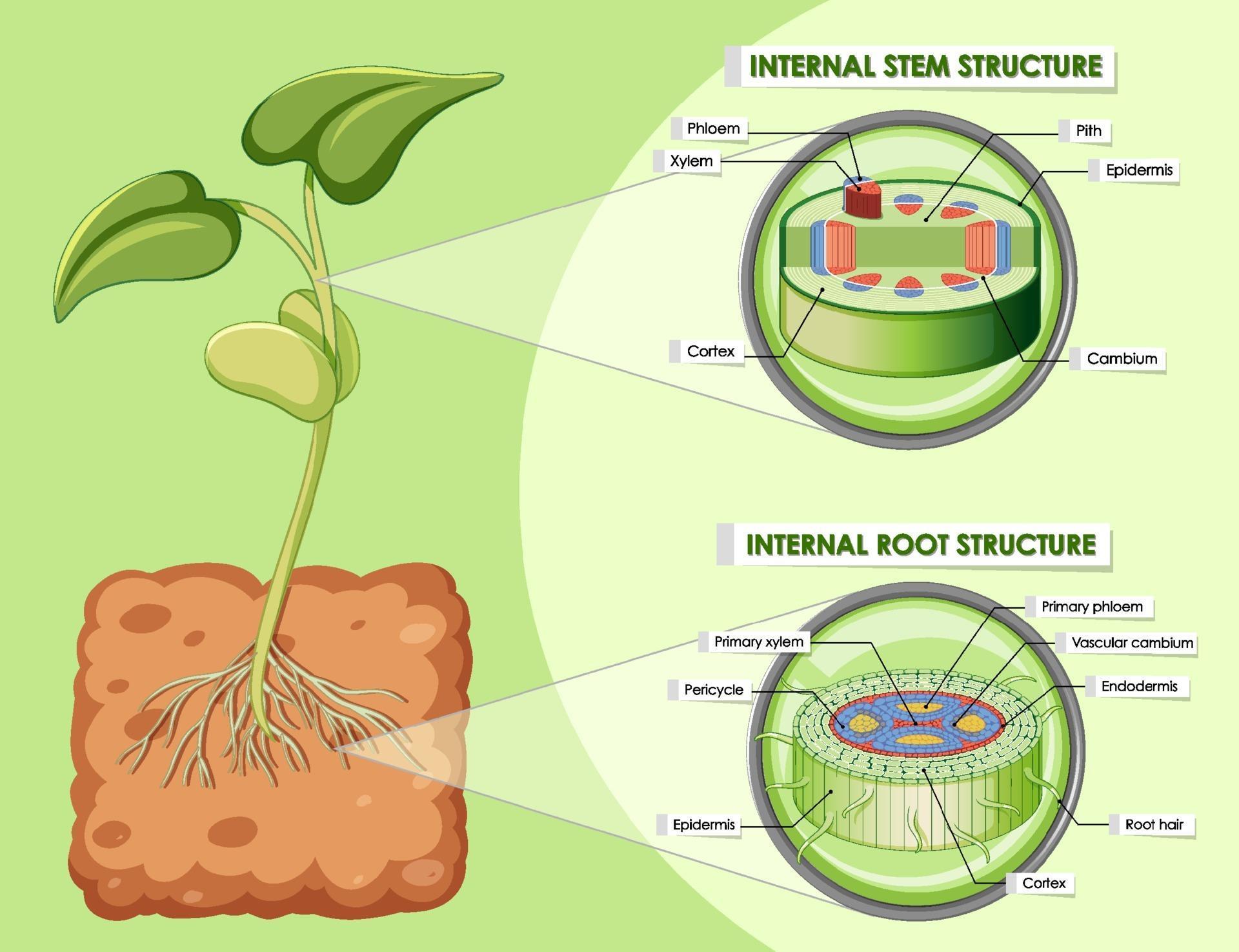
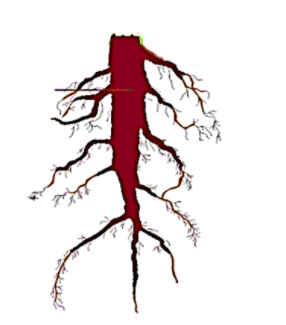


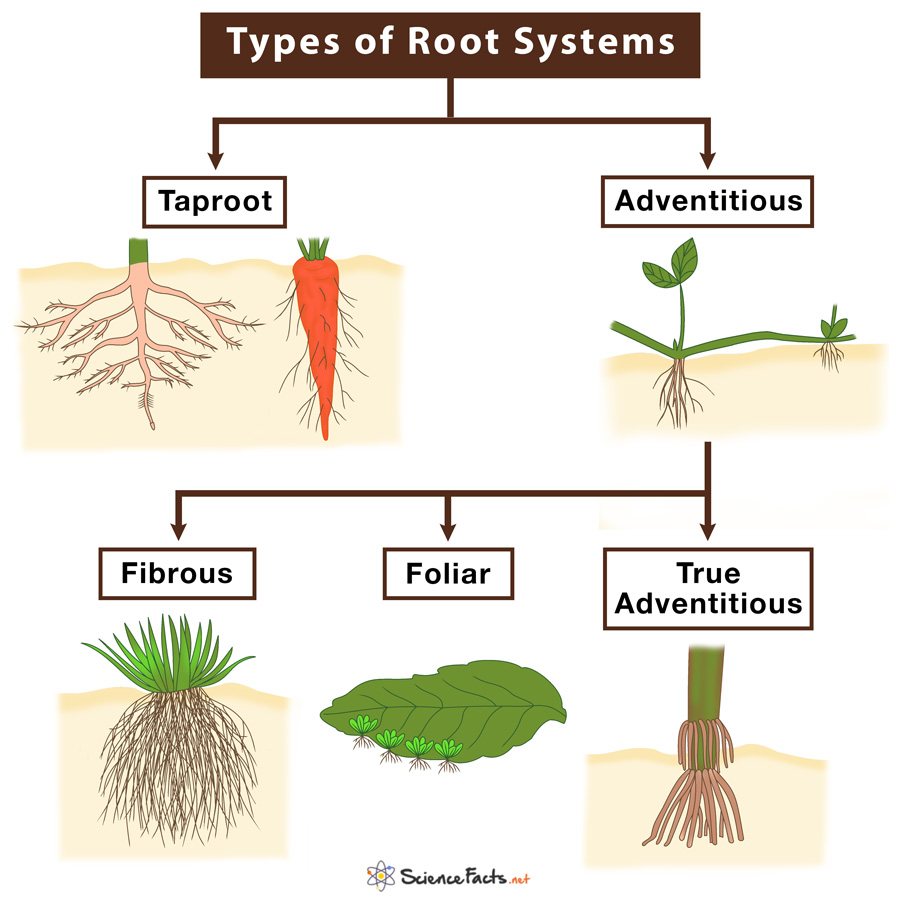

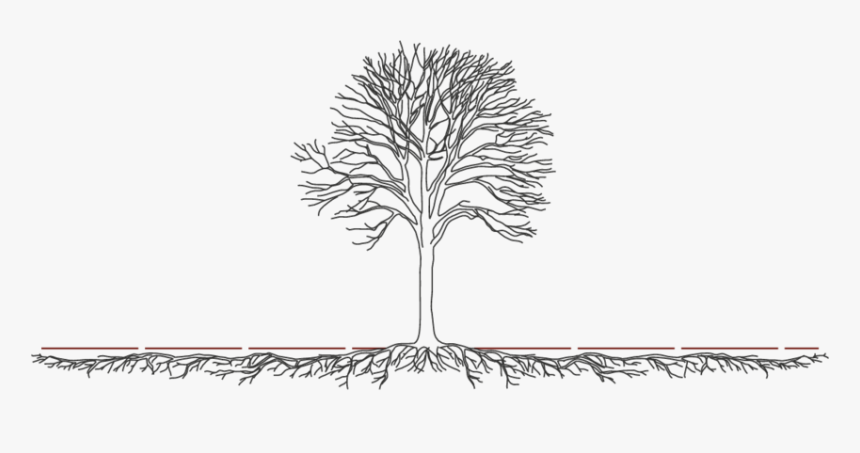








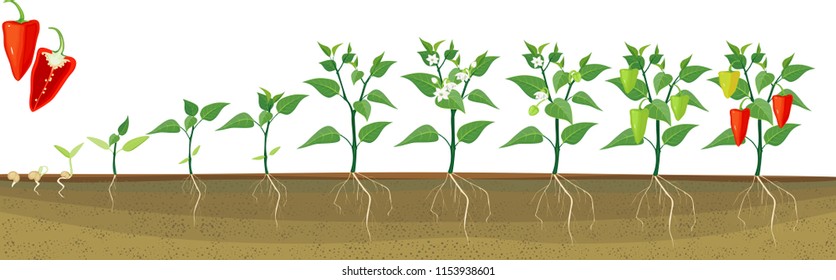

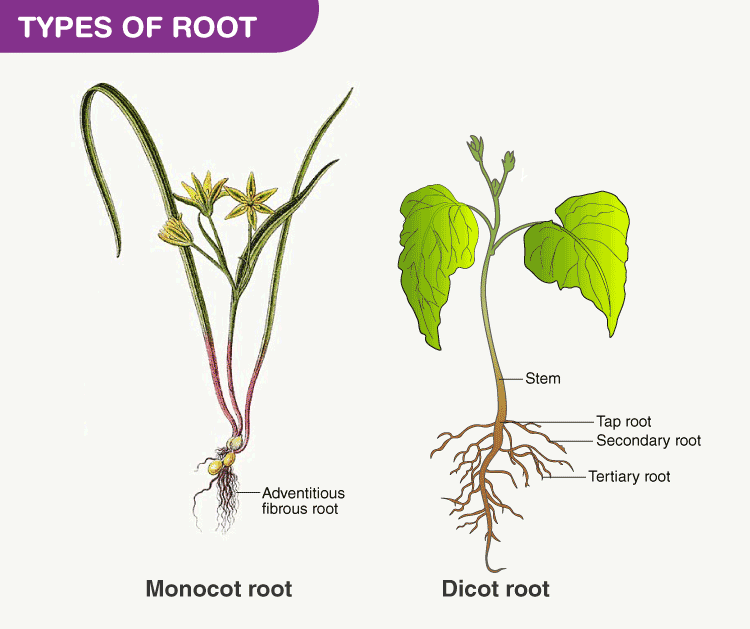


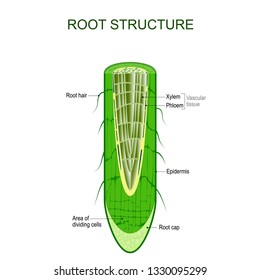

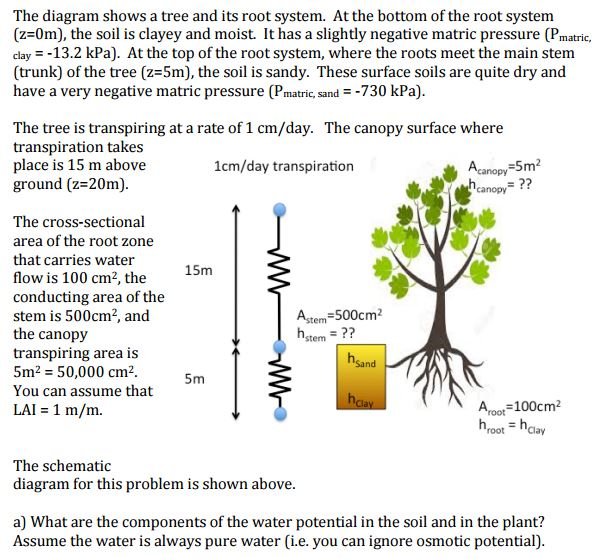
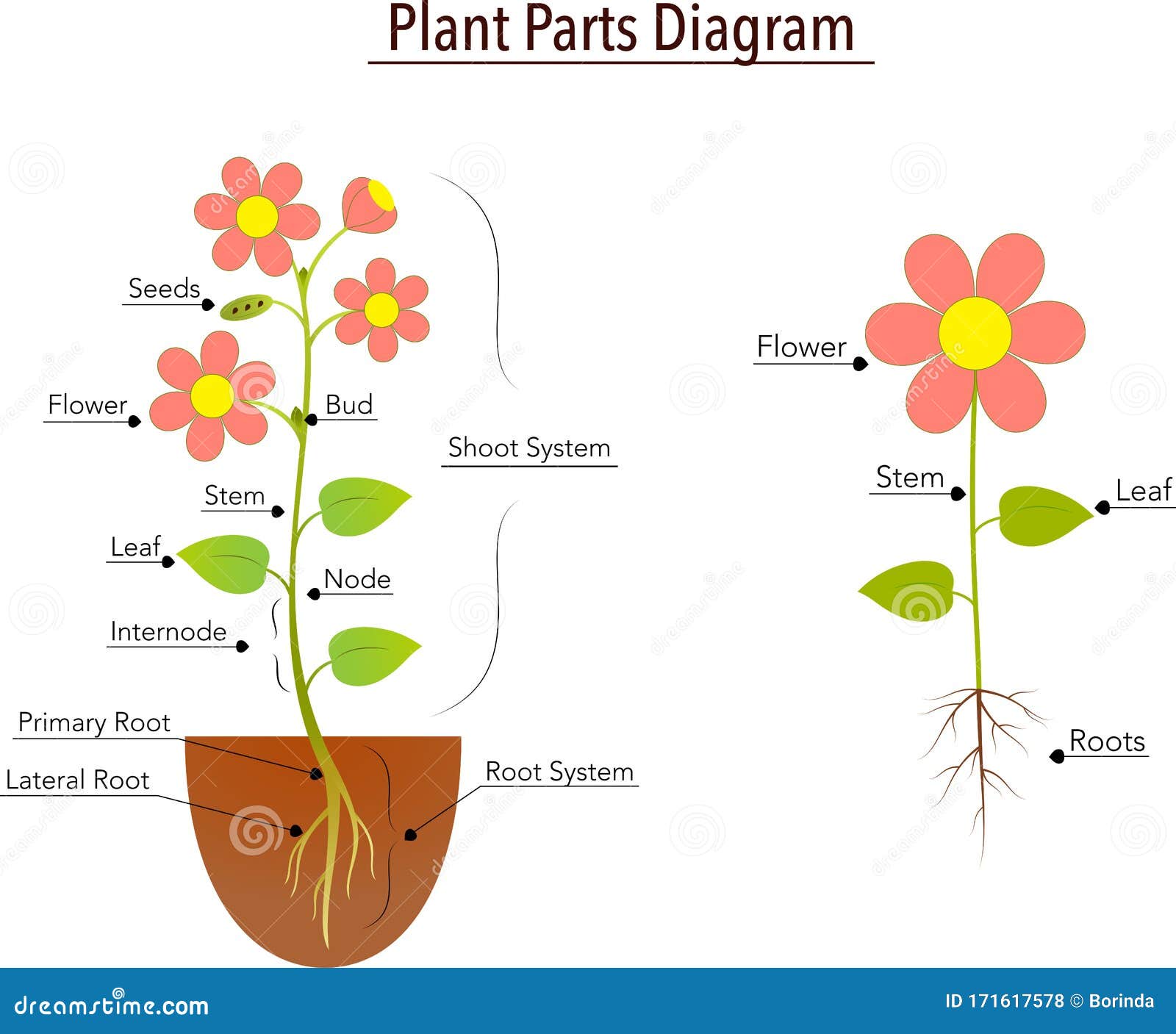


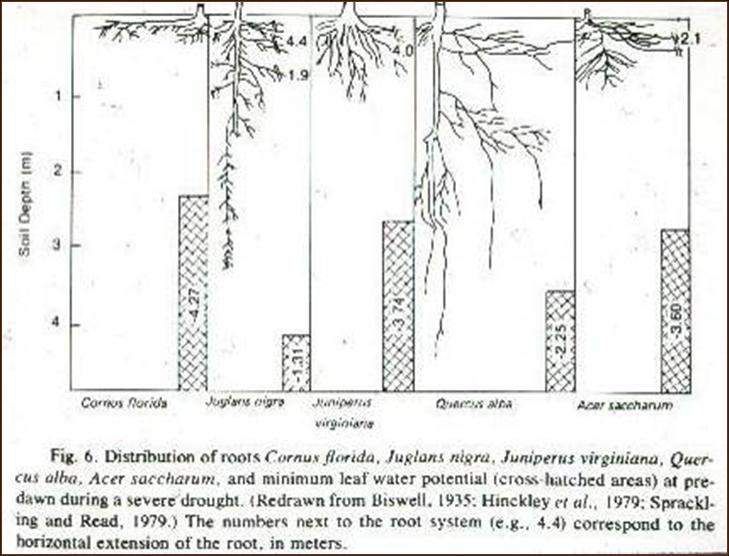
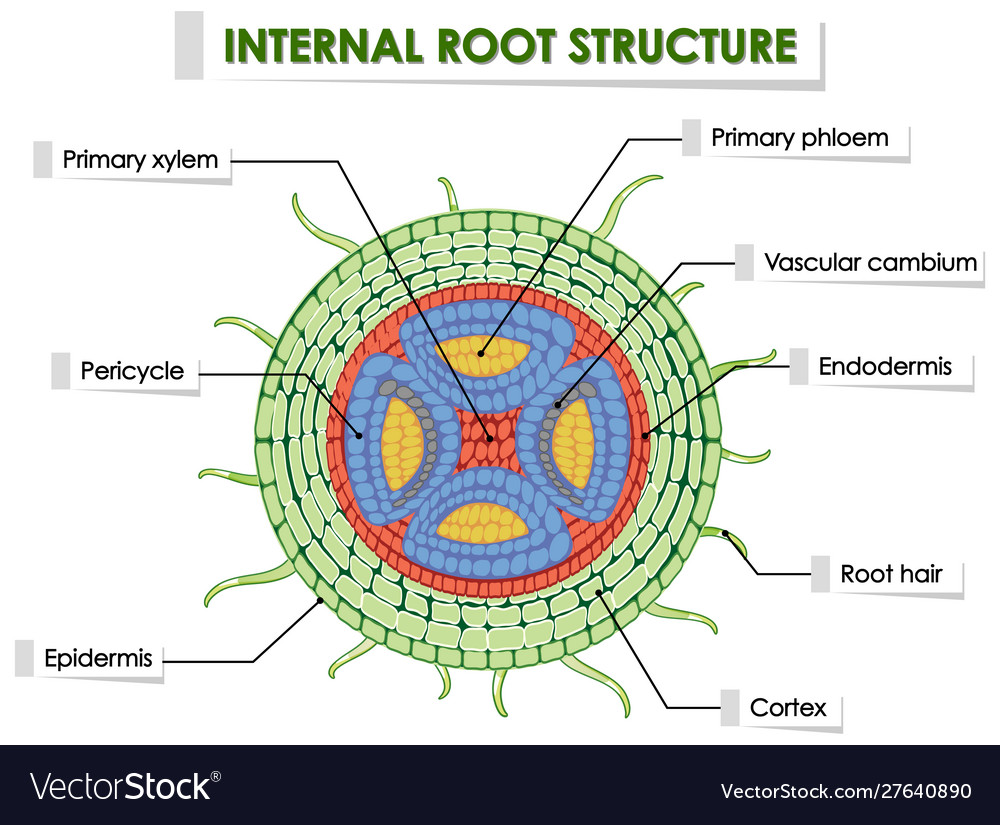

Comments
Post a Comment